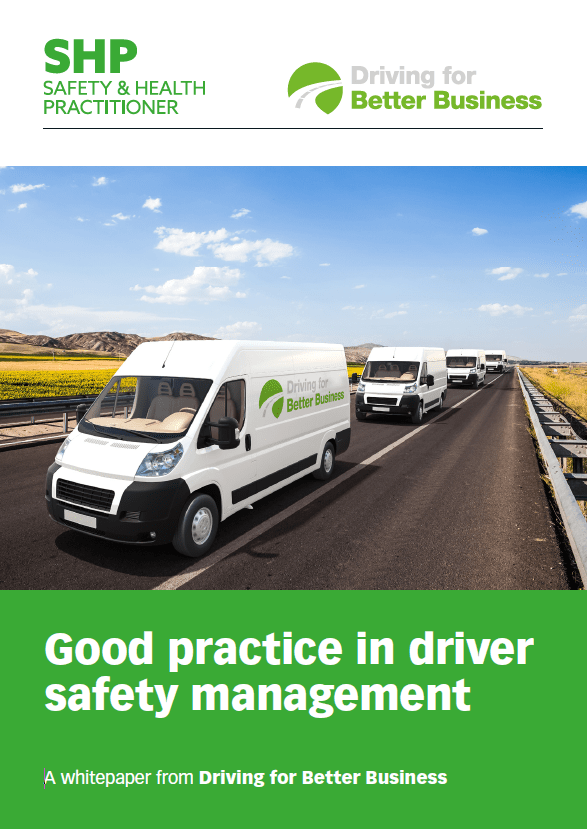Rail funding cuts will compromise passenger safety and could mean the loss of train services, the TUC has said in a recent report.
 According to the report, Network Rail plans to cut annual expenditure by £100 million, mainly through the loss of 2,500 rail maintenance jobs.
According to the report, Network Rail plans to cut annual expenditure by £100 million, mainly through the loss of 2,500 rail maintenance jobs.
Previously unpublished RMT analysis of Network Rail data finds that this will lead to 670,000 fewer hours of maintenance work annually.
The TUC says it is impossible to make those cuts without losing many safety-critical jobs.
Network Rail responsibilities include track maintenance – essential to avoiding accidents fatal like Hatfield, which was the result of the metal tracks fatiguing.
Network Rail is also responsible for maintaining signals to ensure trains are on time and prevent collisions, for the electricity supply to the network, and for the safe upkeep of buildings including public spaces like the UK’s largest rail stations.
In addition to major cuts at Network Rail, the Treasury has ordered the Department for Transport to slash its annual budget by 10% as part of last year’s Spending Review, says the report.
The TUC has made several recommendations, including:
- Ministers should withdraw requirements for Network Rail to make cuts and provide sufficient funding to maintain safety, improve quality, and expand rail services
- Network Rail should bring all outsourced services back in-house – directly employing workers to undertake vital renewals (such as replacing end of life tracks) could save more than £115m each year
- Ministers should integrate all train services under a single public-owned operator, uniting tracks, rolling stock and train services, and recognising that the railways are an essential public service to be run for public benefit with profits reinvested in the service.
TUC General Secretary Frances O’Grady said: “We all want good transport links for our community, with frequent, safe, reliable and affordable trains.
“But if the Network Rail cuts go ahead it will mean the loss of safety-critical jobs and a greater risk of serious accidents like Stonehaven, Potters Bar and Hatfield.
“Ministers must not risk passenger safety through funding cuts to Network Rail.”
On the threat to train services, Frances added: “Our railways are still recovering after the pandemic. The last thing the government should be doing is slashing funding.
“But ministers are demanding cuts that would disrupt services and see fewer trains on our railways.
“We need a better vision for the future of Britain’s railways than commuters packed like sardines in unsafe trains.
“Ministers must recognise that world’s most successful railways are in public ownership, with public subsidy instead of money sucked out by shareholders.”
On rail funding and reaching net zero emissions, Frances added: “We all want to reach net zero and stop climate chaos, and rail is one of the greenest ways to get around. Ministers need to make rail the most attractive option for more journeys. But you can’t do that by cutting back on safety and services. We need to build a bigger and better rail service.”
This eBook will guide you through some of the key understandings you need to be able to manage driver safety effectively and, at the end, provide a series of free resources you can access to help you ensure your own driver safety management system is robust, legally compliant and in line with industry-accepted good practice.
Download this eBook from Driving for Better Business and SHP to cover:
- Why do we need to manage driver safety?
- Duty of care – a shared responsibility;
- Setting the rules with a driving for work policy;
- Managing driver safety;
- Ensuring safe vehicles;
- Safe journeys and fitness to drive;
- Record keeping;
- Reporting;
- The business benefits of good practice;
- Additional resources

 According to the report
According to the report